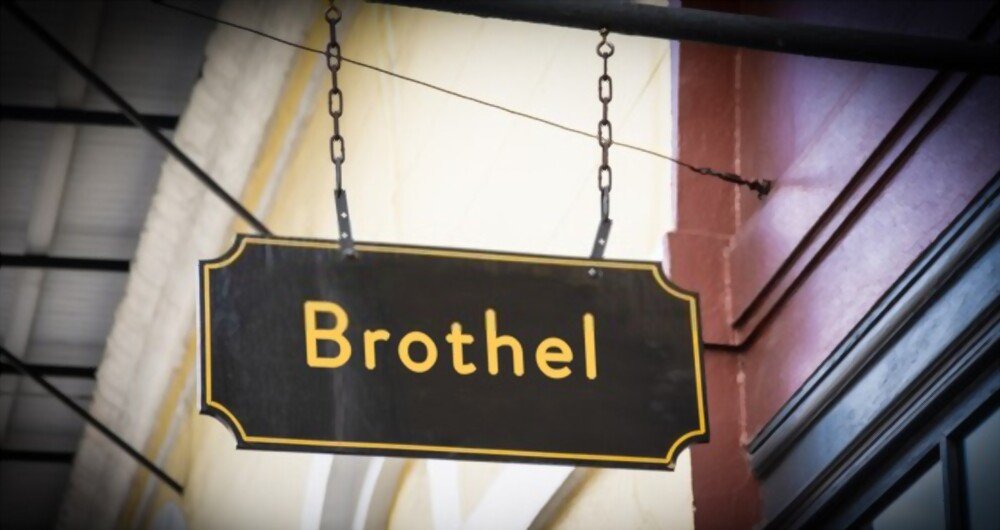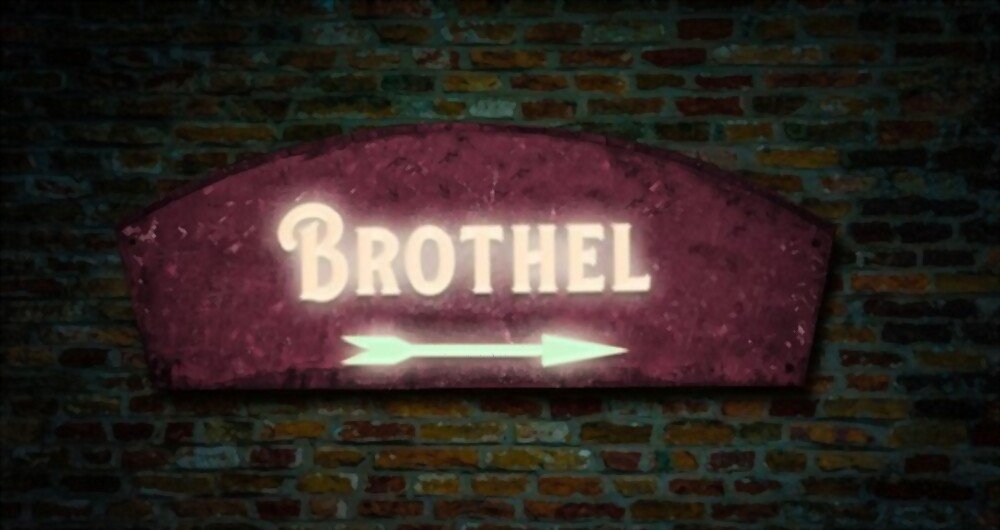Table of Contents
Introduction
Step into the world of licensed brothels in Australia an environment that is shrouded in intrigue, misapprehension, and notoriety. Owing to many Hollywood portrayals, misconceptions about this line of work are rampant. However, the world of licensed brothels in Australia is far more complex and diverse than meets the eye. This introduction serves to stimulate a shift in perspective, viewing these brothels not as seedy dens of iniquity, but as legitimate enterprises operating within an equally legitimate industry.
These establishments are legal entities, bound by laws and regulations unique to this industry. Unfortunately, mainstream perceptions of brothels are often distorted, mired in taboo, misjudged notions and a lack of understanding. This article aims to dismantle the myths, debunk the misconceptions, and present a more realistic view of licensed brothels, their role in society, and their impact on the economy and real estate landscape in Australia.

The Early Breadth Of Brothels In Australia
Discussing the operation of licensed brothels in Australia would be untenable without a gentle stroll down the lane of history. Australia’s brothel industry has endured an interesting journey – from the first colonial days where many women resorted to sex work for survival, to the bustling early frontier towns lured by gold mining, bringing about its first surge in growth.
Through the years, society’s changing attitudes towards sex work along with shifts in governance and legislation have indelibly shaped the landscape of this industry. Government policies and legislation have played a pivotal role in determining how this industry operates, influencing everything from opening hours, locations, and health and safety regulations to licensing processes.
Evaluating The Functioning Of Licensed Brothels
The intricate legal minefield surrounding licensed brothels is the backbone of how they function. Each Australian state has unique laws and regulations concerning brothel operations from New South Wales, which maintains the most liberal laws, to Victoria and Queensland, with considerably more stringent regulations. All states, however, have established firm stipulations for the acquisition and maintenance of brothel licenses.
Procuring a license constitutes a rigorous process, necessitating adherence to rigorous health, safety and operational guidelines. Unfortunately, bureaucratic red tape often tends to dampen the process. Apart from these regulatory constraints, brothel owners must grapple with myriad operational obstacles such as securing suitable property, managing overheads and maintaining a healthy, safe, and conducive working environment.
The Role Of Brothels In Society
The role that brothels play in Australian society is multifaceted. They serve an economic function in terms of job creation, revenue generation, and contributing to local economies. Beyond these economic aspects, brothels also provide a safe avenue for the trade in an industry notorious for its dangers when conducted outside of a regulated environment.
The effect of brothels on local communities, including property markets, is an often debated topic. While some argue that brothels dent property values and trigger socio-civic issues, others claim that they contribute to local economies by attracting ancillary businesses. This impact is hard to quantify definitively, given its contextual nature and the variety of factors involved.

Inside The Working Environment Of A Licensed Brothel
Why is it vital for sex workers to work inside a licensed brothel? Honestly, it’s about safety. Being a sex worker carries well-documented risks, but working within a regulated environment mitigates these threats. In licensed brothels, screening processes help ward off potentially dangerous clients, and the workers have greater control over the terms of their service.
Moreover, licensed brothels offer elements of support and benefits to their employees, from regular health checks to professional security. Importantly, they also offer a more formalized working environment that gives dignity and respect to sex workers.
Understanding The Benefits And Drawbacks
For an unbiased insight, it is critical to examine both the positives and negatives associated with licensed brothels. On the benefits side, they provide secure employment, taxable income, and regular health checks for sex workers. They extend a safer environment for clients who are afforded discretion and quality assurance, and they inject tax revenues into the economy.
Contrarily, critics express concerns over the quality of life of sex workers, potential normalization of commodified sex and the questionable impact on local areas. The analysis is essential to foster informed discussions and policy formation.
The path forward: What Does The Future Hold For Licensed Brothels?
The landscape of the brothel industry in Australia is continuously evolving. Potential reforms, changes in legislation, and the introduction of more robust regulations could alter the industry significantly. Adapting to a rapidly changing social environment, driven by changing attitudes towards sex work and an increased focus on the rights and dignity of sex workers are crucial tripwires on the road ahead.
Whatever the future holds, it is paramount that conversation continues. Courtesy of this examination, we hope to stimulate dialogue about the role of licensed brothels in society, their impacts, and the policies and support required for ongoing improvement and growth in the industry.
Conclusion
Through this nuanced exploration, the complex world of licensed brothels has been brought into focus. Breaking away from traditional stereotypes and perceptions, and examining them as regulated entities within a legitimate industry has unveiled important truths about their role in society and contributed to the economy.
This article has sought to kickstart an open dialogue about this often-taboo trade. By talking about this openly and allowing the realities to shape our understanding, we can foster a more inclusive, understanding, and supportive society that truly respects the principles of individual choice and freedom.








